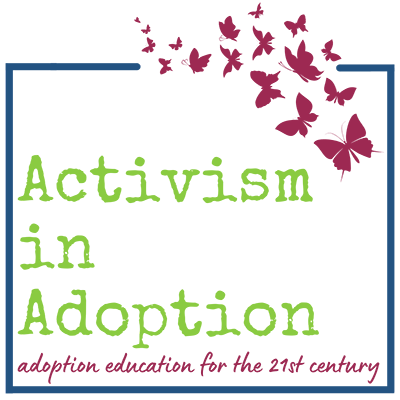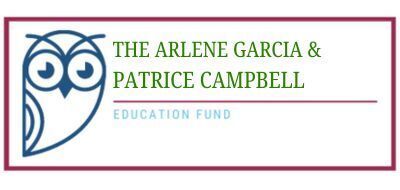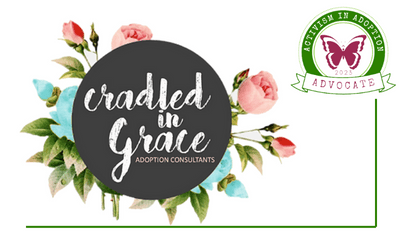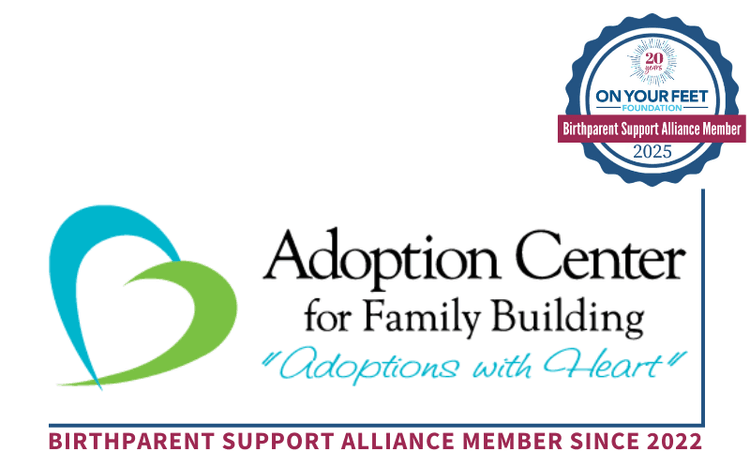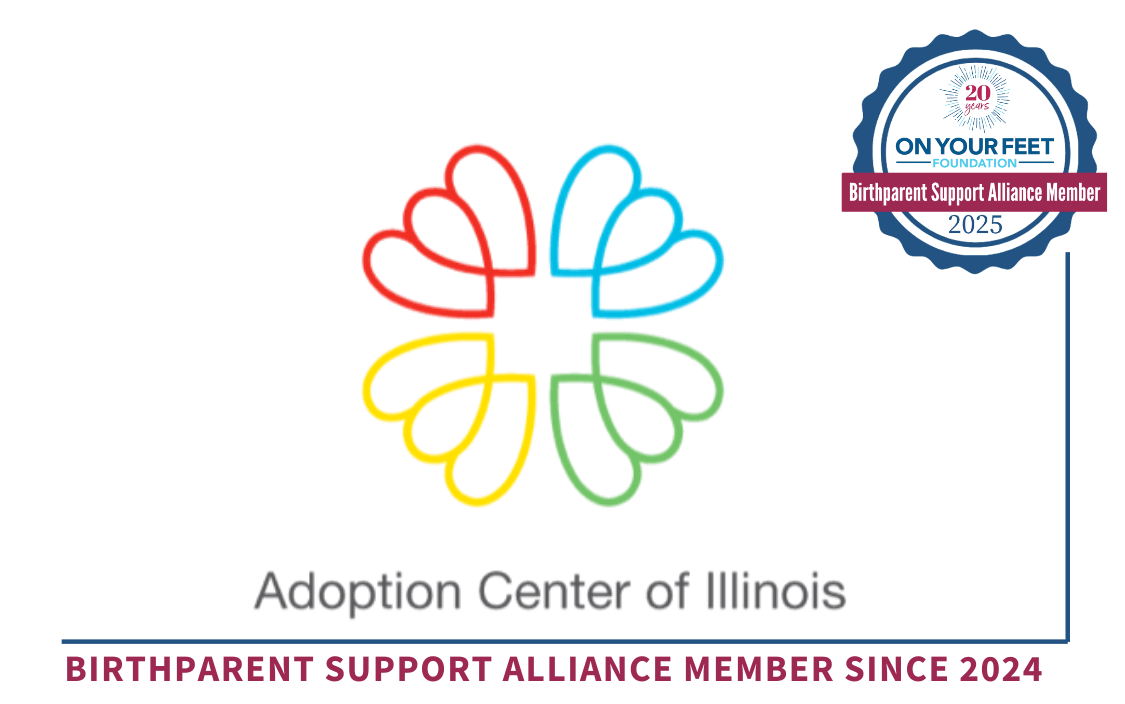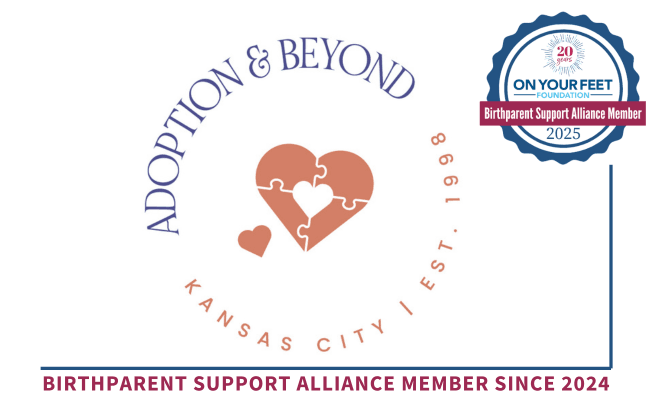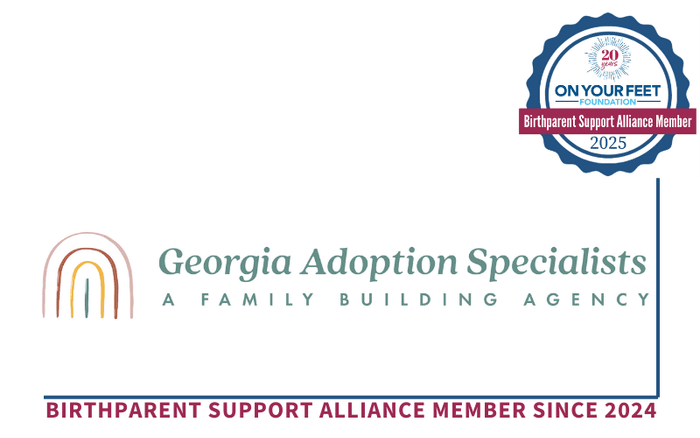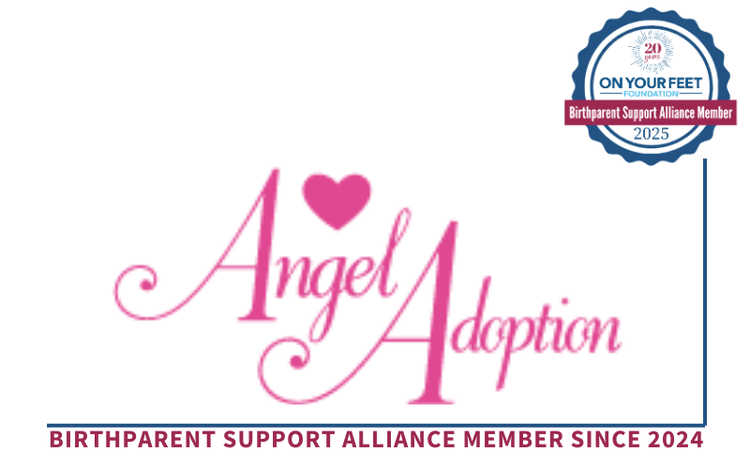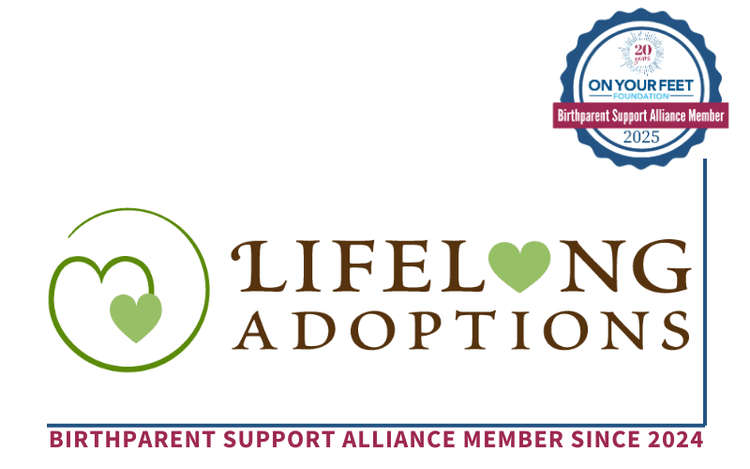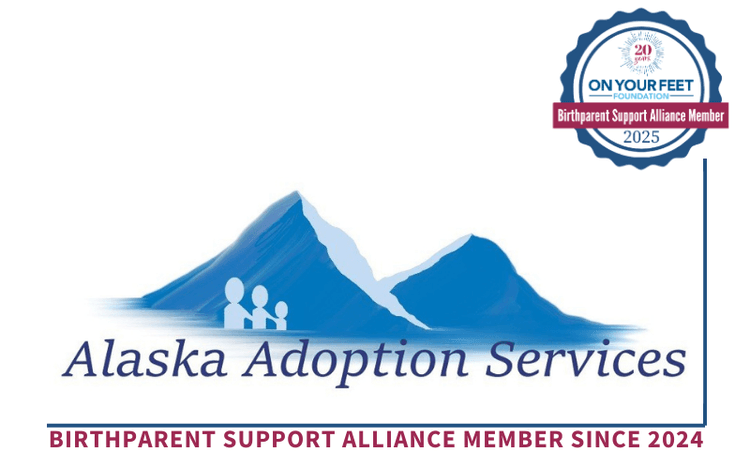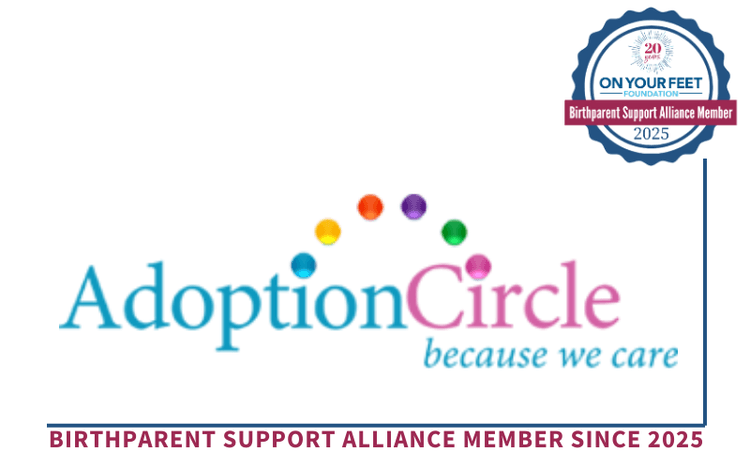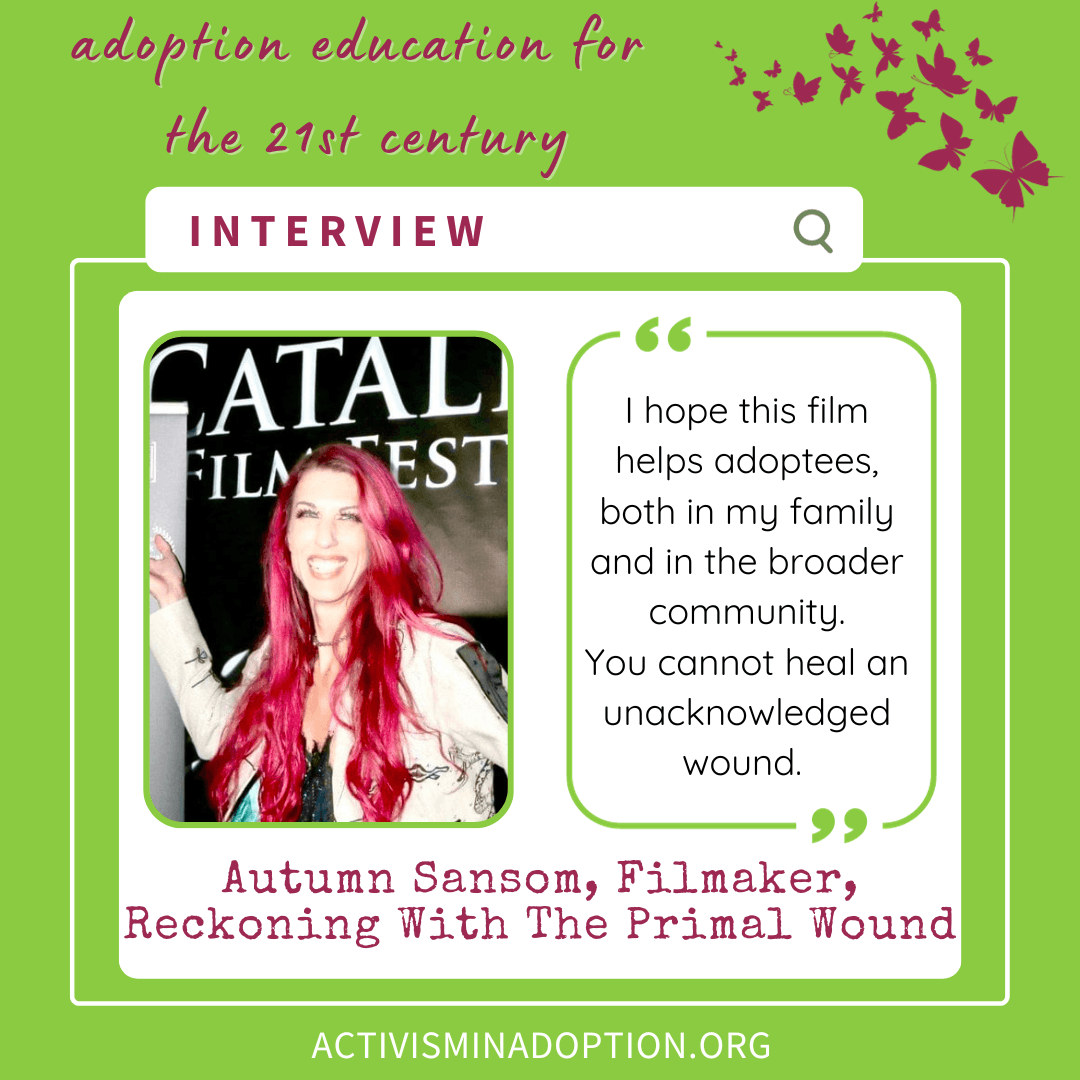
We had the opportunity to screen Reckoning With The Primal Wound, a film reckoning with both relinquishment trauma and the cultural phenomenon of Nancy Verrier’s landmark book, The Primal Wound. Filmmaker and adoptee, Rebecca Autumn Sansom, alongside her biological mother, Jill Hawkins, Ph.D., have produced the first feature-length documentary featuring Nancy Verrier and her work, and this film not only deals with relinquishment trauma, but also Verrier’s philosophy that the damage done by the separation of a child and their biological mother culminates in a primal wound that must be acknowledged in order to heal. We had an opportunity to sit down with Autumn in advance of the screening, to learn a little more about her, and how she came to make this film.
You have a fascinating biography! Can you tell us a bit about your record label, and the Wavy Awards?
The record label, Blonde Records, pivoted to The Wavy Awards after the USC Annenberg inclusion initiative studies came out in 2020 demonstrating that big award shows were nominating 87% straight white males from 2010 to 2020. Don’t get me wrong - I'm a proud member of the Recording Academy - but my artist roster is primarily LGBTQ, gender non-conforming, women, and artists of color. So, artists who are clearly not represented in that 87%. I saw a need to celebrate these artists more. It was going to be a small showcase, and then the New York City Mayor's Office of Media and Entertainment heard about it, and they said, we would love to provide support for this, and from there it became a way bigger deal, turning into a sold out 300 person event. It is in it’s third year now, and we are currently partnered with iHeart Pride, KeyChange US, and The Music Inclusion Coalition. This year’s event will be in NYC on November 18th and anyone is welcome to join us. Tickets are only $20!
You built this creative career in which you are supporting other artists, and building a platform for people who don’t have a voice, and now you are a filmmaker. Is this your first film?
Thank you for noticing my passion to uplift marginalized people and talent - I really love this work. And actually no, Reckoning is not my first film, I have made two other films. One is about house rabbits, so more animal rights activism, but also a bit light and funny, called Equal Hoppertunity. And then another, Trainsforming America, about passenger rail or the lack thereof in the US, comparing it to Europe and Asia. Reckoning With The Primal Wound gained the widest audience. This is the one that has made the most impact, so that's why people think it's my first film.
I like representing and boosting anything that doesn't have the platform it deserves, you know, like bunnies, passenger trains, and adopted people!
When did you first read The Primal Wound?
I read The Primal Wound for the first time when I was twenty-eight, after I had been told to read it for about a decade. I met adoptees who asked me if I'd read it, and I didn't even look it up until the third one asked. Then I read it and it changed everything. I totally felt seen by Nancy Verrier. After reading and processing it I found myself at the kitchen table with my mom, Martha Carol, and asked her about contacting [my birthmother] Jill, and how she felt about that and she said, I think if you contacted Becky, the social worker, she could get in touch with Jill for you. So, I found an email address for Becky sitting right there googling it with MC, and emailed her in that same initial conversation. Of course, I didn't think she'd see it, because it said she was in Papua New Guinea, but she wrote me back the next day, and actually said she had gotten in touch with Jill again literally months before. They were in touch, off and on, because of the Nazarene community, and they even worked together years after Jill had me. That was rare, but of all the social workers and mothers, these two kind of kept in touch, and she said, yeah, I can write her right now, because I have her email. So, Becky was the go-between person for us, and I think it is better to have that buffer.
But it was definitely reading The Primal Wound that solidified for me that I had to meet her.
So, you read the book. But how do you go from reading the book to making a movie?
That’s a good question. So, reading the book allowed me to hear an alternate narrative to the adoption is only love and nothing but love love love line of thinking, so hearing that it’s actually sad and something to grieve blew my freaking mind, and changed my life forever. Because in my soul I knew that was true, but I never let those thoughts manifest. They were just festering subconsciously.
So, five years later I’m pregnant at the very same time two of my family members (both adopted) are going through it in their struggles with addiction. I’m talking planning funerals level, like, below rock bottom times. Being a doer, I wanted to try everything I could before it was actually too late. Bingo, I'll just send them the movie version of The Primal Wound – surely someone's made it. I Google it, and – no one's made it.
I'm a filmmaker – I'm a very pregnant person at this point (3rd trimester). There’s a lot on my plate, but I start investigating cause now there’s this idea marinating, right? I’ve already had the thought, could I make this film? Should I make this film? And then, boom, I realize Nancy Verrier, the author of the book, lives forty-five minutes from me! What??!!
Simultaneously, my friend tells me about her friend who is having this wild story of reunion, and documenting it on Facebook, I mean this story is unbelievable. Her name is Doris. So I asked for an interview. She came to Palo Alto the next week and stayed for 3 days! This is how I start a project. Ha! So, yeah, basically it green lit itself.
Oh yeah and Dr. David Brodzinsky lives in the Bay Area, too. He agreed to an interview.
My husband was at Stanford working on his PhD at the time, and Nico Opper was teaching there, and my friend, Kadri, who is also a filmmaker, was in their class. I asked for an intro and then if Nico would go with me to Nancy's house and do a sitdown conversation. For reference, Nico made the PBS acclaimed documentary about the problems in trans racial adoption, Off and Running, and documented their own journey with the foster care system. I didn't know what the conversation between Nico and Nancy would turn into, but it ended up being really good content, and I knew that I had to keep going – it felt like this is what I have to do. This film is my destiny. Is that too cheesy? I don’t know how else to describe it.
Jill (my first mother) was already planning to come out for the birth of my daughter. I just kept filming. I was only going to be the semi-anonymous pregnant woman, if anything, in the film.
But then it was Covid and for a year I sat on this exceptional footage having no idea where to start with the editing process. (I’ve won a regional Emmy award for editing. Editing is my forte). Finally another producer friend – my mentor, Demetria Kalodimos – said, you should be in this film because of the story of the box. Which I didn't think was anything. Jill left a box for me that I never got. It's kind of the hook in the trailer, it's a cliffhanger – do I find it? Do my parents still have it? But, Demetria was right, that thread turned all the elements I had with these interviews about primal wound theory into a cohesive plotline, making it not at all the movie version of the book, but my story alongside my natural mother, Jill’s story, and even my parents story, including Doris’ different perspective.
I knew about the criticism of Nancy being platformed as an adoptive parent, and I wanted to take everything she wrote and gave us, and update it. Reckoning With The Primal Wound is the first film about primal wound theory produced by an adoptee and a first mother.
Jill has turned into a fan favorite, by the way. Because it's so much of that birthmother story that resonates with that specific marginalized group, and she had never dealt with her grief. So when we were filming, in a labor and delivery room, in a freaking hospital because I had to be induced, we had all this down time. I had the camera, and it naturally turned into this really compelling interview setting, like Jill crying uncontrollably talking about losing me, and we’re in this room, there’s a baby medical cradle behind her, it’s wild! So, all of the interviews are authentically raw and poetic, which is a direct quote from Dr. Gonda Van Steen from Kings College London. But, yeah, I’m so glad I was able to make this film for my family members who are adopted, and struggling, to just say, please do not die! Please know you’re not alone.
The original goal was to make it for family members, but now it has this wide audience with whom it resonates. How does that feel?
It feels really exciting! I never expected this amount of response, especially because I’m an indie filmmaker with zero studio backing so I’m out here doing the publicity, screenings, everything solo. But, honestly, one of the main reasons I put as many adoptive parents in it, like Nancy and Nico, is because I did want adoptive parents to watch it. I really want them to see it. When non-adopted people watch it and get it for the first time that is the outcome I’m looking for as a filmmaker. Helping adoptees feel seen and heard, yes 100%, but also helping the rest of society be more open to seeing and hearing us, listening to us talk about our experiences of adoption.
But, sadly, this week, in particular, I have also gotten a lot of backlash, and that’s scary. People seem to come for me because they think I'm famous or have all this power and influence, but I don't feel like I have that. And some people, (surprisingly other adoptees) feel okay tearing me down because Nancy's in the movie, which is a weird outcome. So that's a feeling I'm trying to work through. Now I’ve learned that just because they're tagging me in doesn't mean I have to engage. And thankfully my #AdopteeArmy is going to bat for me, and the film, now so I really can step away from the toxicity. Oddly enough I created this Adoptee Army for backlash against who I assumed would be non-adopted people, I never thought there would be so much infighting, but it really proves how not okay this group of people is, if nothing else, lol!
What is at the heart of the backlash, and the criticism?
It's Nancy. Some people want to cancel Nancy, and they want to cancel the book. They want to cancel the film, because Nancy is in it. She published the book thirty years ago. Just don't read it if you don’t agree with it. You don’t have to destroy her work, or my work. There are people that say they are never going to watch the movie because an adoptive parent is in it. They also have a problem with Nico and her wife being in it and adopting. I’m like okay let’s talk about – let’s reckon with – why you are bothered by the LGBTQ community creating a family through adoption. I’m here to reckon with everything! But maybe they’re being homophobic?
I think it's happening more because the response has been extremely positive and I was thinking, okay when is the other shoe going to drop? I can't just get positive feedback, can I? But it's a lot of projection and it's misdirected hostility towards me. It’s really sad that it’s other adoptees when I naively thought we would all stand together in unity over our shared mission to change the narrative of adoption and present this idea that adopted people are not okay and try to do better with legislation and perhaps even reconsider adoption as a whole. But, no, we’re getting hamstrung on an adoptive parent “putting into words what we couldn’t” because of adoption trauma.
I do have hope adoptees can evolve past this line of thinking. That’s why I’m not leaving the community. But, I will say to the question of where is Nancy? Where are her daughters? Well, it’s because they were consistently mistreated by this community, and are actually smarter than me by slowly backing out of it, lol. No one wants to be attacked for their work by closed minded people, especially not the people she aimed to help and I will say Nancy did dedicate her life’s work to helping people better understand adoptees. And I’ll give her the flowers she deserves all day for that. Keep coming for me, I don’t care! But, honestly, so many people ask me how to get in touch with her because she is clearly not around anymore. I think I’ll just put how to reach her on the FAQ part of my website, I’m not kidding.
What would you say to people who don’t believe that adoption trauma is real?
To people who don't think adoption trauma is real - which includes people who are family members of mine - just ... don’t say that. Just listen to someone who has the lived experience of it, and if they are saying that it's real and a part of their experience, then don't shut that down. Just try to be a smidge more open to it.
Were you surprised by anything that someone from another position in the adoption triad said, either during or after filming?
My childhood friend, Amanda, who is not an adoptee, and also Jill, my first mother, say kind of the same thing about never considering how they would feel if they had been adopted. Jill, said she would not have dealt with being adopted well at all. Never considering it and yet being so connected to adoption, that struck me. We have very similar personalities, and she could have been like, I would not love this. But that didn't factor in in her decision making at all.
What do you hope the audience takes away with them after seeing your film?
Great question. The takeaway so far is that the film is bringing people closer together, which has been amazing to hear – no matter what the relationships are – adoptee in reunion with their first mother, adoptive parents and their adopted children, who are probably adults now - everyone is understanding each other better and becoming closer. And most importantly like even today I got this feedback: I watched the documentary twice already, and I will watch it again before my rental runs out, then I will rent it again. I felt sad, and then I felt this totally incredible validation that I think will sustain me til the end of my life. I know I already said this but seriously, what better outcome can you receive as a filmmaker? I’m floored and so appreciative. That’s why I’m here.
What I truly want, put simply, is more understanding of adoptees, and for adoptees to feel less alone. Ultimately to prevent pain and suffering as much as possible across this whole space, because I do think it's possible.
To learn more about Autumn's record label, visit Blonde Records, which can also be found on Instagram, Facebook, and YouTube. Learn more about The Wavys and the artists being featured on Instagram, YouTube, and Spotify. Visit Reckoning With The Primal Wound for more information about the film, and be sure to follow along on Instagram, Facebook, YouTube, and TikTok. You can hear more about Autumn, her story, and the making of the film on the podcasts Adopt Perspective, Our Best Interests, Thriving Adoptees, and Who I am Really, and in this interview in Severance Magazine. Have questions about Reckoning With The Primal Wound, or want to help support the film? Email Autumn.
